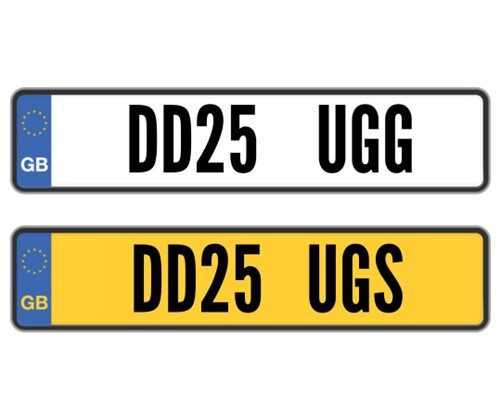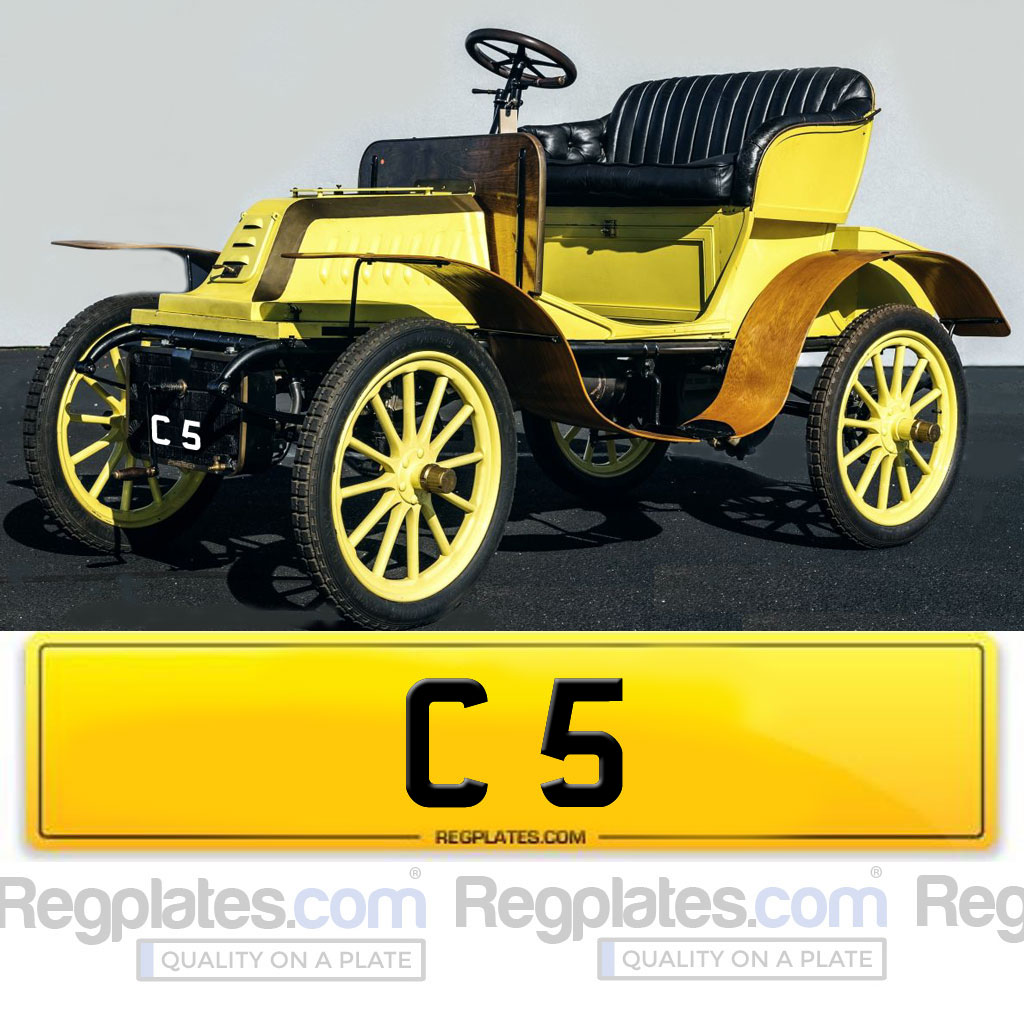
The Driver and Vehicle Licensing Agency (DVLA) in the UK is responsible for issuing vehicle registration numbers and maintaining the central database of all licensed vehicles. Twice a year, the DVLA releases new registration number series. However, not all of these potential combinations make it onto the road.
In a long-standing practice, the DVLA withholds certain vehicle registration numbers (VRNs) they deem offensive, distressing, or provocative. This tradition of censoring number plates has become a regular topic of interest, particularly when it involves rude number plate combinations.
Why are Number Plates Banned?
The DVLA censors registration plates based on a variety of criteria. The goal is to prevent the use of number plates that could cause offense or distress. Here are some of the categories that are typically banned:
- Insults and swear words
- Sexual references
- References to criminal organisations or activities
- References to terrorism
- References to drugs
- References with racist, sexist, or LGBTQ+ connotations
- Some political and religious references
The specific decisions about which plates to withhold can sometimes seem random. What one person finds offensive, another might not, making the process of censoring plates a subjective exercise. Some seemingly harmless combinations are banned while others that appear more obviously offensive slip through.
2025 Number Plate Series
The first number plate series of 2025 will be the ’25’ series, officially released on the 5th of November 2024. In keeping with the current format of UK number plates, the 25 series features “25” as the age identifier. This will be followed by the ’75’ series releasing in May 2025 for vehicles registered from 1st September 2025 onwards.
Examples of Banned Plates
A Freedom of Information request has revealed the full list of banned rude reg plates from the 25 series. These exclusions include not only individual registrations, but also entire ranges of registrations that share a specific string of characters. Here are some specific examples of what has been banned for the 2025 release:
- Wildcard Ranges: Several ranges, such as **25 HAG, **25 HAT, **25 LAG, **25 LUT, **25 PAS, **25 PAZ, **25 RUS, **25 TAB, and **25 UKR have been completely excluded. The asterisks represent any character, meaning all combinations with these endings are censored. For instance, the ending ’25 HAG’ might be seen as a reference to sexual activity.
- War References: Plates such as AR25 WAR, EU25 WAR, GB25 WAR, and GO25 WAR have been withheld.
- Other Offensives Combinations: Plates such as PE25 RVT and PE25 VRT were deemed too similar to the word “pervert.”. Plates such as PS25 CHO, PU25 MAD, CR25 PLE, CR25 PPL, and the groups **25 PAS and **25 PAZ are thought to represent ableist slurs.
- Drug and Violence References: Plates such as DD25 UGD, DD25 UGG, DD25 UGS and the group **25 TAB are also among those excluded, presumably because they are interpreted as drug and violence related.
Many other individual plates have also been banned, highlighting the wide scope of the DVLA’s censorship.
The Subjectivity of Censorship
The line between what is acceptable and what is not can be quite blurry. Some number plates that are not very clear may be banned, while others that seem obviously offensive are allowed. This shows the subjective nature of these decisions. For instance, the plate ORG 45M, which could be read as a sexual reference, was issued, while OR25 ASM, a less obvious representation, has been banned. Some of the banned plates seem to require considerable imagination or knowledge to see any negative meaning.
Some plates seem to gain their banned status by association. For example, GB25 DWN may seem meaningless on its own. However, it has been banned alongside other plates such as GB25 BAD, GB25 BOM, GB25 KLL, GB25 SHT, and GB25 WAR, leading to the conclusion that these plates could be read as anti-British sentiments. The DVLA has also banned similar plates in previous series.
The Appeal of Controversial Number Plates
Despite the DVLA’s efforts to censor offensive or inappropriate registration plates, there remains a strong demand for controversial and borderline registrations. Many car owners see personalised plates as a form of self-expression, and some actively seek out plates that push the boundaries of acceptability.
Certain plates that narrowly avoid censorship often become highly sought after, with buyers willing to pay a premium for them. Plates with cheeky, humorous, or suggestive meanings that slip through the DVLA’s screening process can quickly gain notoriety. For example, combinations that hint at slang words or phonetic interpretations of common phrases often attract attention. In some cases, owners of these plates have even been asked to surrender them later if complaints arise.
The secondary market for personalised number plates has also contributed to this trend. Private sellers and specialist dealers recognise the value of plates with double meanings, and in some instances, these registrations have sold for thousands of pounds. While some motorists seek exclusivity and personal branding, others enjoy the playful and rebellious aspect of securing a plate that flirts with controversy.
The DVLA’s censorship is in place to maintain decorum on the roads, but the ongoing interest in banned or near-banned plates shows how number plates have evolved beyond simple vehicle identification – they have become conversation pieces, collectibles, and, for some, status symbols.
The True Purpose of Number Plates
It is important to remember that the sole purpose of a registration number is to identify a specific vehicle. All of the other meanings or interpretations that people may associate with these plates are simply perceptions. While the DVLA needs to ensure that license plates do not offend or cause harm, these unique combinations can be interesting and sometimes amusing for the general public. The public’s interest in dvla banned plates highlights how number plates have taken on a value and significance beyond their basic purpose.
Speak to us at Reg Plates
The DVLA’s practice of banning certain number plates from each release is a continuing trend. The examples from the 2025 series reveal the kinds of number plates that may cause offense. As a DVLA-registered supplier with over 30 years of experience, here at Reg Plates we understand the nuances of the car registration market. This article is intended to help you understand the process and background behind the DVLA’s censorship, offering insight into why certain plates are never seen on the road.
If you have questions about a personalised number plate you’re interested in buying but would like to speak to someone about it, contact us today and our expert team will be on hand.

Jon Cherry is a Director of leading personalised number plate dealer Regplates.com. Jon has over 25 years industry experience handling some of the most expensive plates ever sold with many high profile and celebrity clients. Active since 1991 in the number plate industry, Jon is currently Chairman of the Cherished Numbers Guild, a trade body representing number plate dealers in the UK. Jon has written many articles on the industry and insight into the future of numberplates and the market as a whole.




